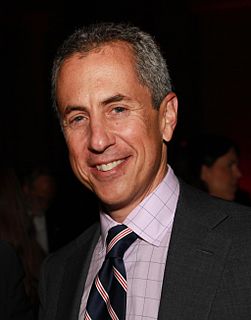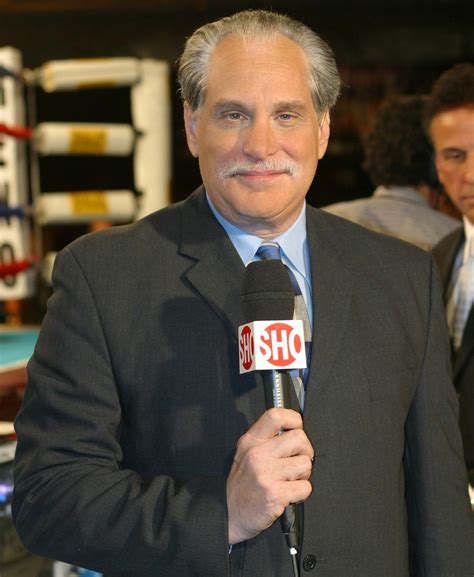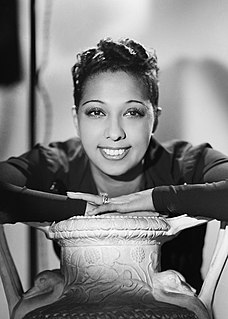A Quote by Ralph Waldo Emerson
Art should exhilarate, and throw down the walls of circumstance on every side, awakening in the beholder the same sense of universal relation and power which the work evinced in the artist.
Related Quotes
There is the falsely mystical view of art that assumes a kind of supernatural inspiration, a possession by universal forces unrelated to questions of power and privilege or the artist's relation to bread and blood. In this view, the channel of art can only become clogged and misdirected by the artist's concern with merely temporary and local disturbances. The song is higher than the struggle.
Every artist is linked to a mistake with which he has a particular intimate relation. There is the mistake of Homer, of Shakespeare — which is perhaps, for both, the fact of not existing. Every art draws its origin from an exceptional fault, every work is the implementation of this original fault, from which come to us a new light and a risky conception of plenitude.
Every artist knows that there is no such thing as "freedom" in art. The first thing an artist does when he begins a new work is to lay down the barriers and limitations; he decides upon a certain composition, a certain key, a certain relation of creatures or objects to each other. He is never free, and the more splendid his imagination, the more intense his feeling, the farther he goes from general truth and general emotion.
The complete and definitive work of art is created beyond one's individuality... ...The universal transcends such a level. Mere spontaneity has never created a work of art which possesses a lasting cultural value. The method leading to universal form is based upon calculations of measure and number.
Nothing comes to pass in nature, which can be set down to a flaw therein; for nature is always the same, and everywhere one and the same in her efficacy and power of action: that is, nature's laws and ordinances, whereby all things come to pass and change from one form to another, are everywhere and always the same; so that there should be one and the same method of understanding the nature of all things whatsoever, namely, through nature's universal laws and rules.
All art is propaganda. ... The only difference is the kind of propaganda. Since art is essential for human life, it can't just belong to the few. Art is the universal language, and it belongs to all mankind. All painters have been propagandists or else they have not been painters. ... Every artist who has been worth anything in art has been such a propagandist. ... Every strong artist has been a propagandist. I want to be a propagandist and I want to be nothing else. ... I want to use my art as a weapon.









































